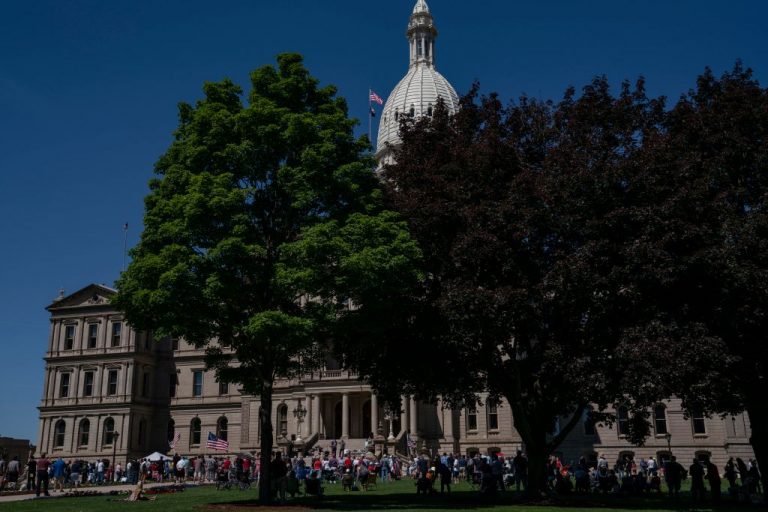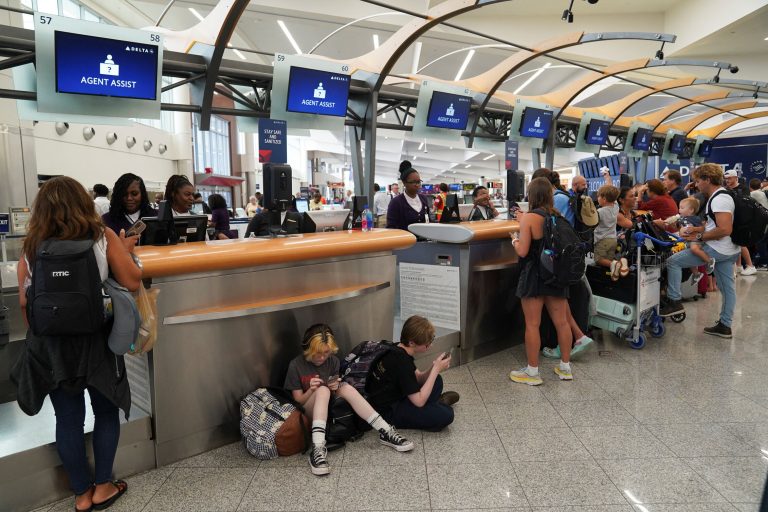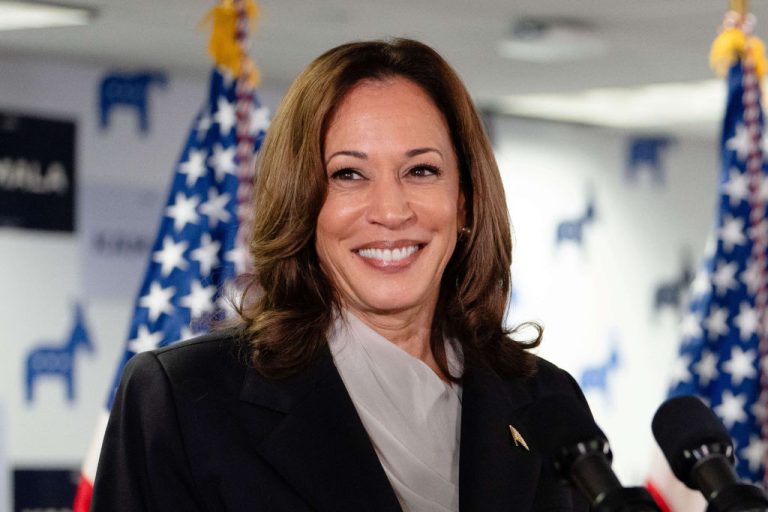On June 22, Republican Representative Steve Carra introduced a bill in the Michigan legislature to audit the 2020 presidential election conducted in the state. House Bill 5091 seeks to identify irregularities in the November 3rd race, as well as establish corrective actions to improve the state’s election process.
“A thorough, bipartisan review will help us identify what works, what doesn’t, and how to make our elections secure and accessible for every Michigan voter… I know my colleagues on both sides of the aisle care about secure elections that the voters can trust; my plan will help ensure Michigan elections are fair, honest, and accurate,” Carra said in a statement.
The bill seeks to establish a bipartisan audit board that will be tasked with contracting a nonpartisan corporation to conduct the audit. The board will consist of seven members: one member each appointed by the majority and minority leaders of the Senate, one member each appointed by the speaker and the minority leader of the House of Representatives, two members who were poll challengers in the 2020 election, and the auditor general or his or her authorized designee.
The auditor will carry out the following tasks:
- A review of the additions, deletions, and revisions to the Qualified Voter File.
- A random selection of 20 percent of precincts from each city in the state with a population of at least 500,000 and 10 percent of precincts from each county for a thorough audit of poll books, ballots, and vote tallies.
- An audit of poll books investigating the time and date when each poll book was generated, whether the electronic poll book was connected to a network after being downloaded, all changes made in the poll book, and all recorded challenges from election challengers.
- An audit of ballots logging the total number of ballots printed in the election, the number of absentee ballots returned by mail, the time when clerks received the absentee ballots returned on Election Day, and the time when clerks delivered the ballots for tabulation and signature verification.
- An audit of vote tallies reviewing electronic voting machines that were used to tabulate votes and a log detailing each vote tally transfer. The audit must ascertain whether the machines were connected “to any network from the date of the final test of equipment accuracy before the election until the date the election certification was issued,” and if any network communication devices were embedded in the hardware of the machines.
- An audit reviewing procedures that were followed by the Secretary of State when she mailed out unsolicited absentee ballot applications to Michigan voters.
Carra has asked for 2.5 million dollars to be set aside for the audit, which would begin within 45 days of the bill being enacted. The auditing corporation would have 90 days to complete the audit, followed by a final report on the findings by the bipartisan audit board within two weeks. To ensure transparency, Carra wants the entire audit process to be recorded on camera.
Success
You are now signed up for our newsletter
Success
Check your email to complete sign up
The bill was introduced a week after more than 7,500 Michigan residents signed and delivered affidavits demanding a forensic audit of the 2020 presidential election.
Election irregularity and intimidation
Incidents of potential voter fraud occurred in the Nov. 3rd race in Michigan. In one incident, threats were made against Republican Monica Palmer, chairperson of the Wayne County Board of Canvassers. The board consists of two Republicans and two Democrats. After the election, both Republicans refused to certify the votes.
In an interview with Fox News on Nov. 19, former Republican Senator Patrick Colbeck revealed Palmer had found that 71 percent of the absentee voter precincts did not reconcile. “If a precinct is not reconciled, you can’t recount them. That’s an invitation to voter fraud. And so, if you can stuff the ballot, if you can stuff the tabulator with those ballots there’s no way to go back and take those off the table. They’re going to be in there for the public record,” Colbeck stated.
The two Republicans eventually acceded to the Democrats and certified the votes despite the discrepancies. Colbeck said that the Republicans faced “significant intimidation” and “threats to their lives.”







